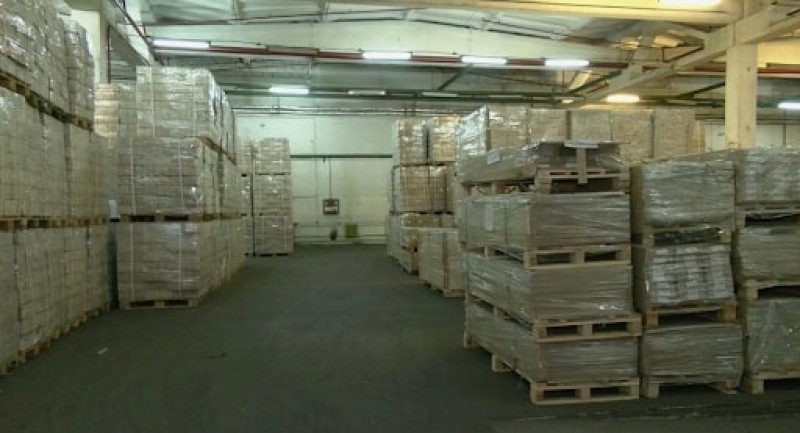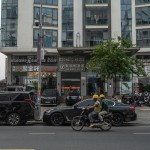After OCCRP published its finding in December 2022, the Lithuanian State Consumer Rights Protection Authority (SCRPA), responsible for implementing sanctions in the timber sector, initiated its own investigation in early 2023 into 95 companies engaged in timber imports from non-EU countries.
"According to SCRPA's assessment, nine companies may have violated EU sanctions. To further investigate their activities, we will approach the Prosecutor General's Office in the coming days," stated Dalia Malinauskienė, spokesperson for SCRPA, in a written statement to OCCRP on Monday.
The number of suspected companies is expected to increase as several companies are evading SCRPA's request to provide information about their activities, she added.
Most of the currently suspected businesses are involved in importing timber from Kazakhstan or Kyrgyzstan, falsely claiming it as the country of origin. Additionally, the Lithuanian authority discovered evidence of Turkey being used as a means to evade timber sanctions.
"We have also taken additional measures and requested the Customs Department to provide a list of companies that may have violated sanctions by importing timber from Turkey," stated Malinauskienė.
This case adds to the growing instances of OCCRP's reports exposing sanction evasion in the Baltic States and Poland.
Earlier this year, Lithuania cracked down on suspicious imports of fertilizers, petrochemicals, and other goods believed to be connected to mechanisms for sanction evasion. This action followed a joint investigation by Siena and the Belarusian Investigative Center, which uncovered a significant scheme for importing Belarusian fertilizers into the EU.



